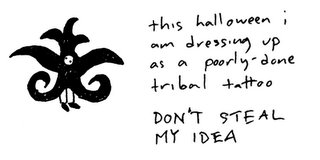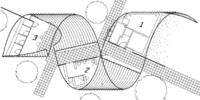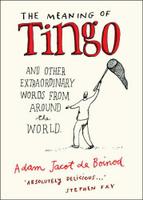- introducing - Black Death! -
 Ahhh, finally the plush toy industry is blooming again! Well at least these guys got my vote on the wackilcious register :D And thanks to Lin, I have my very own Black Death to bring with me everywhere I go! :D
Ahhh, finally the plush toy industry is blooming again! Well at least these guys got my vote on the wackilcious register :D And thanks to Lin, I have my very own Black Death to bring with me everywhere I go! :DAt www.giantmicrobes.com you'll also find Black Death's physical cousin The Flu; the Ulcer that looks like that girl with the pearl earring; and the most agreeable Athlete's Foot on display. You can also find them at our UNSW University Bookshop! That's where Lin and I were canoodling them.



















